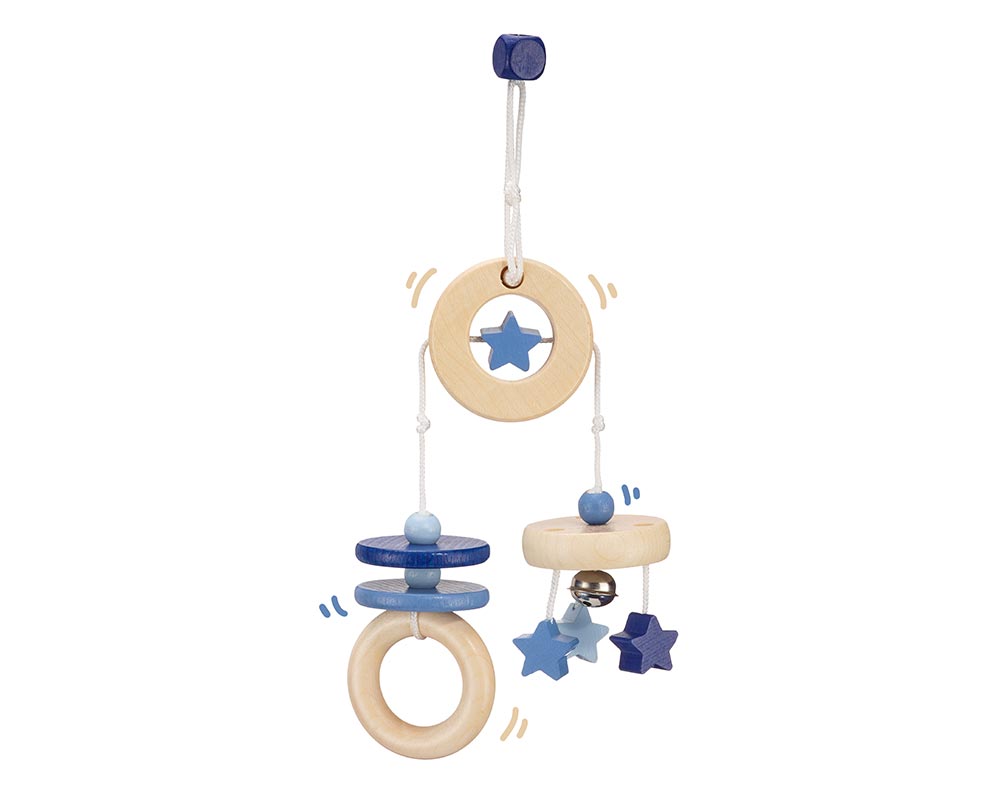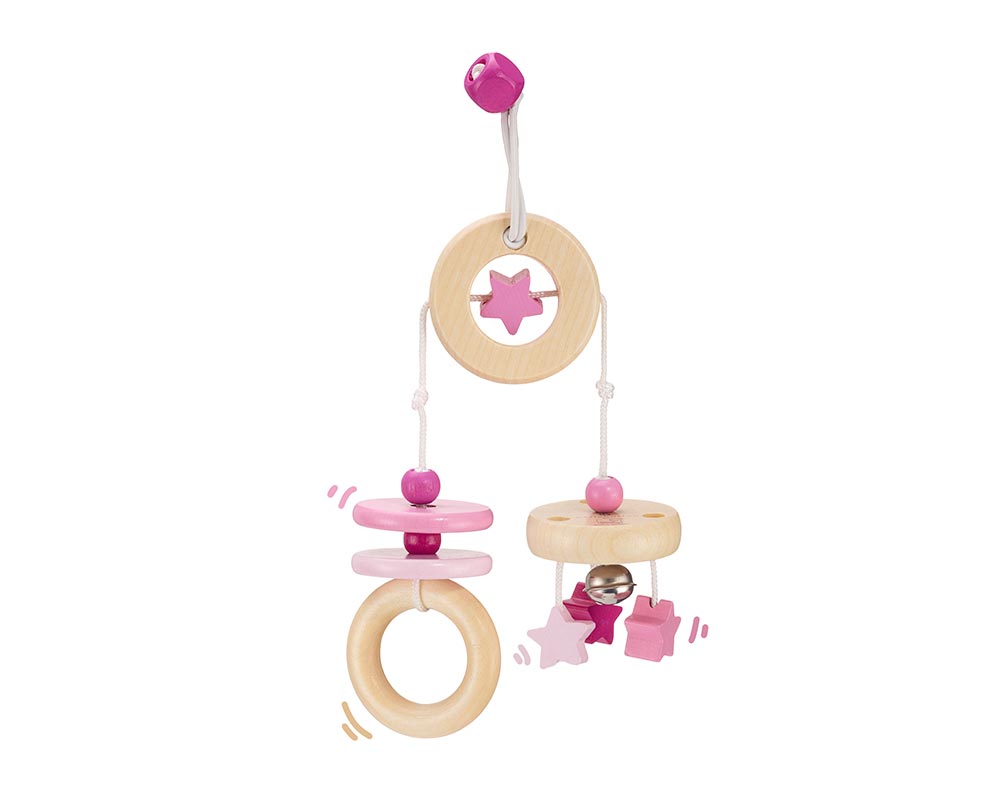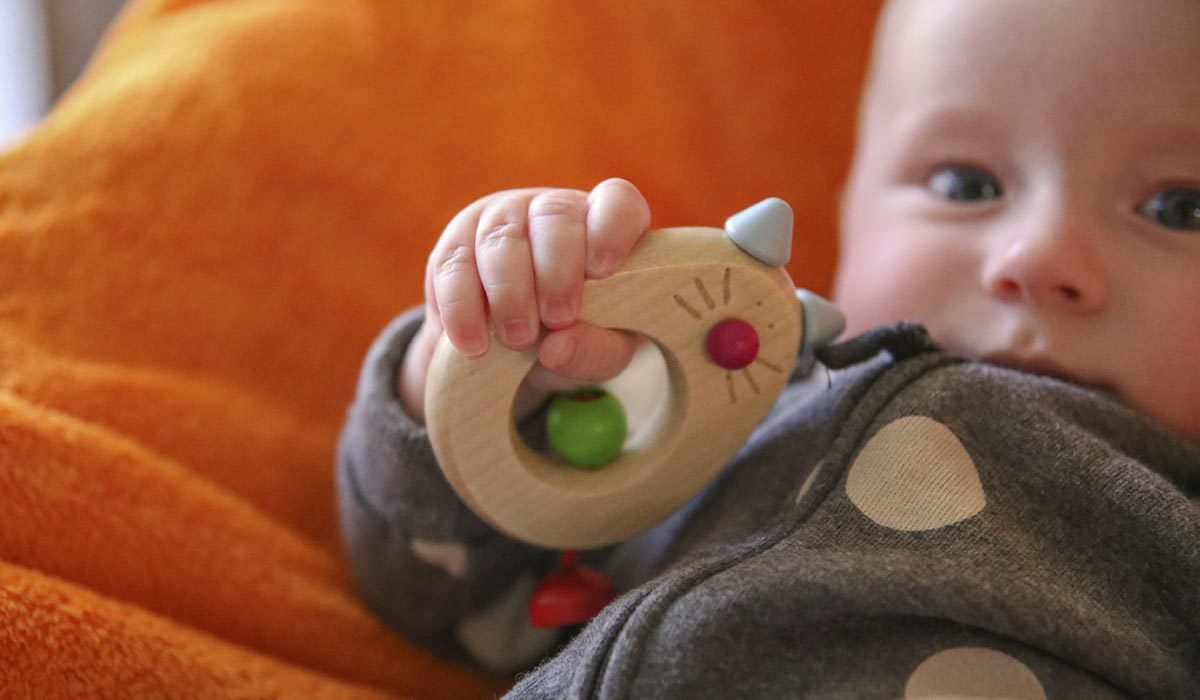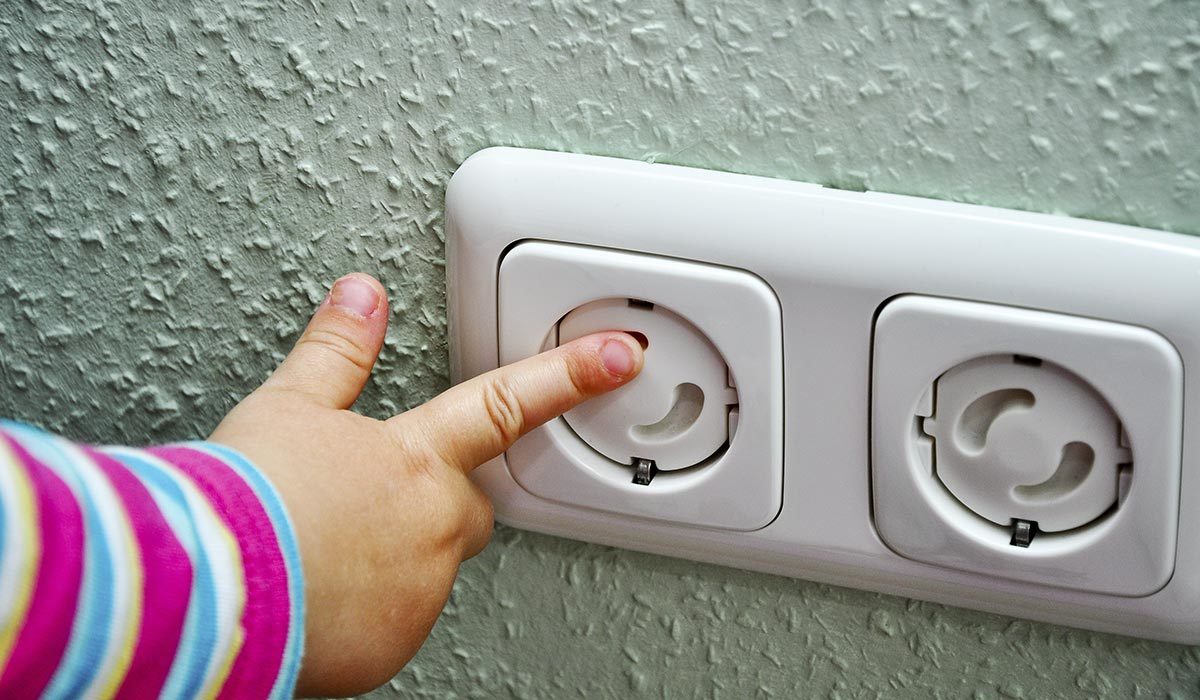How wonderful it would be if babies slept through the night. But infants rarely rest for more than three or four hours at a stretch. It is only from the sixth month that their night-time sleep phases grow longer. Read on to find out how you can gently encourage your baby to fall, and stay, asleep in the first few months.

The good news: all babies wake up in the night
One of the questions most frequently asked of new parents has to be ‘Is your baby sleeping through the night yet?’ Hence we shall start with the most important tip: ignore all the stories of other children who allegedly sleep right through the night after just a few weeks. Every baby wakes up in the night. This is completely normal, because no infant can sleep for eight hours without interruption.
Babies have to learn to sleep
In the first few months of their lives, children have not yet developed a normal rhythm of day and night. After the long time they have spent in the womb, this is something they must now learn. Newborn babies can rarely stay awake longer than an hour, and they sleep for up to 18 hours total a day. But this sleep is repeatedly interrupted. One reason for this is that babies have very fast metabolisms. This means that they are woken frequently by hunger or thirst, or by full nappies. Only at six months at the earliest has the child developed enough physically to be able to manage for several hours without food. At this point, their night-time sleep phases also get longer.
But it is not just hunger and wet nappies that disturb a baby’s sleep; a desire for attention can also cause them to wake up. Besides this, they are not yet capable of calming themselves if they have had a bad dream. Some experts also believe that babies wake up to check whether everything is still the same as when they fell asleep.
4 tips to help your baby sleep well
- Routine helps
From around three months, babies can recognise signals. If they see the feeding bottle or their mother’s breast, they know that food is on the way. Children are now just as easily introduced to routines to help them go to sleep. You should follow as consistent a routine as possible every time you prepare your baby for sleep. For instance, first feed your baby, then change their nappy, always hum the same lullaby, and give them a particular cuddly toy or comfort blanket. - React immediately to the first sign of tiredness
Babies show that they are tired in many different ways. Typical signs are yawning, rubbing their eyes and ears, or turning their head away. Put your child to bed at the first sign of tiredness if possible: strange as it may seem, infants sleep worse when they are overtired. - Put them in the cot when they are still awake
Put your baby to bed just before they fall asleep; that is, as soon as they are sleepy. This avoids the risk of waking them up as you put them down. If your child is restless then caress them lightly, or gently rock the cradle. Try to avoid eye contact and fast movements, so that your child relaxes more quickly. - Do not pick them up as soon as they awake
It is completely normal for a baby to wake up again about 30 minutes later. This generally indicates their transition into the next phase of sleep. Even if your child becomes restless at this point, you should not pick them up right away. Instead, try to quietly calm them down. The child will then usually fall asleep again.









